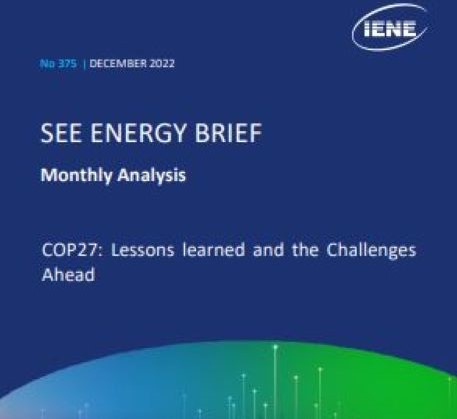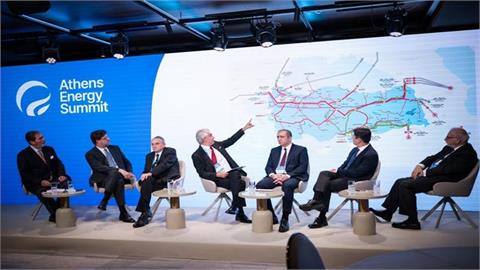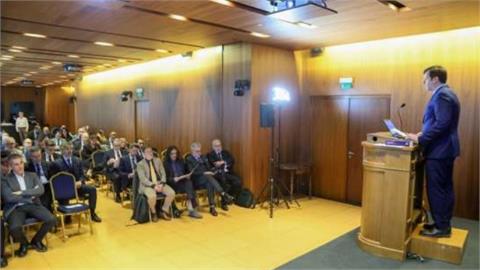Undoubtedly, one of the major events in the global environmental and energy scene in 2022 was the COP27 conference, which took place in Sharm El-Sheikh in Egypt between November 6 and 18. This was the 27th session of the UN backed Conference of the Parties (COP27) and was hosted by the government of the Arab Republic of Egypt.
Undoubtedly, one of the major events in the global environmental and energy scene in 2022 was the COP27 conference, which took place in Sharm El-Sheikh in Egypt between November 6 and 18. This was the 27th session of the UN backed Conference of the Parties (COP27) and was hosted by the government of the Arab Republic of Egypt. World leaders, ministers, and negotiators came together to seek an agreement on how to jointly address climate change and its impacts. Civil society, businesses, international organizations, and the media observed proceedings to bring transparency, as well as broader perspectives, to the process.
With the specific title “Together for implementation”, COP27 was the first of two COPS in the Middle East and North Africa (MENA) region. The previous COP Conference, COP 26, was jointly hosted in Glasgow, Scotland by the UK and Italy, who continued to hold the COP presidency until COP27 begins. COP28 will be held in the United Arab Emirates (UAE) in 2023.
The main objectives of the COP27, as announced by UN General Secretary, António Guterres, were to accelerate global climate action, to scale up the adaptation efforts of the most vulnerable states, and to stimulate financial flows to implement transformations in innovation and “clean technologies”. According to current UN strategy the two main pillars for dealing with climate change are energy and land use. If these two systems are properly regulated, it is estimated that we will be able to hold the increase in the average temperature of the planet close to the +1.5°C set by the Paris Agreement.
In this Monthly Analysis, which is accessible (here), IENE assesses how these issues were addressed at the conference, as well as others that emerged during the two weeks of intense negotiations and also reviews the progress, or lack of it, which was made on each.




